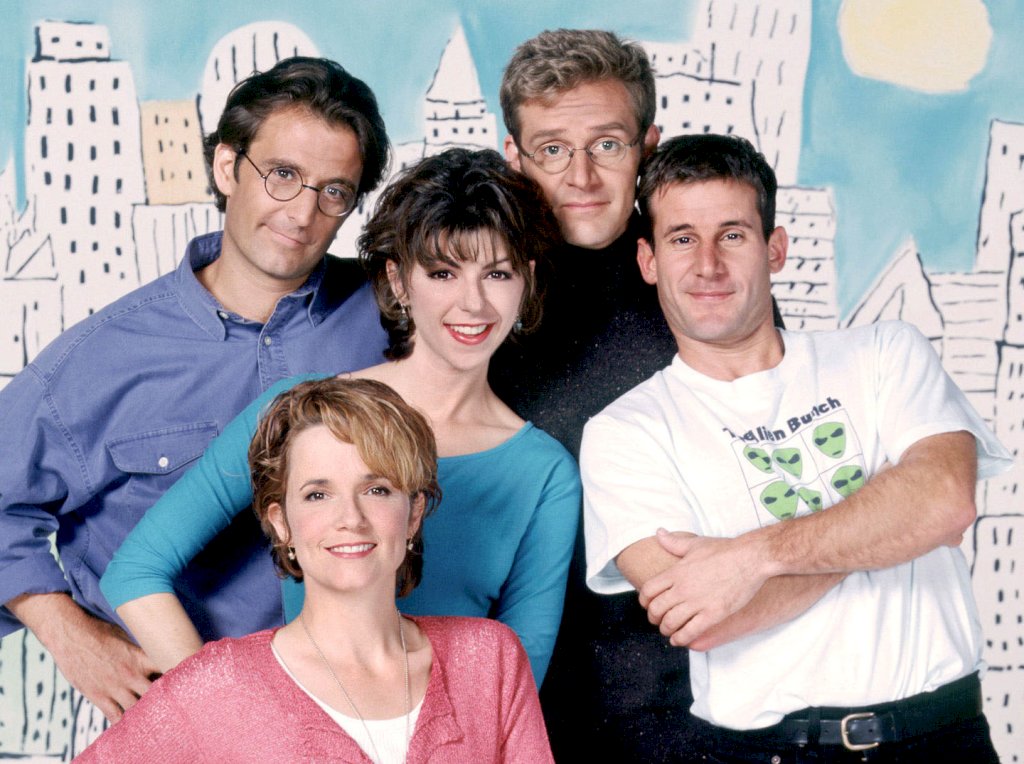In the mid-1980s, a peculiar and charismatic alien crash-landed into American living rooms, bringing with him a unique blend of humor, heart, and extraterrestrial mischief. ALF, short for Alien Life Form, was the star of the eponymous television sitcom that aired from 1986 to 1990. Created by Paul Fusco and Tom Patchett, ALF quickly became a cultural phenomenon, captivating audiences with his witty one-liners, insatiable appetite for cats, and an unquenchable desire to return to his home planet, Melmac. This article explores the enduring appeal of ALF, his impact on popular culture, and the legacy he left behind.

The Premise and Main Characters

The premise of "ALF" centers around an extraterrestrial creature named Gordon Shumway, commonly known as ALF (an acronym for Alien Life Form). ALF is from the planet Melmac, which was destroyed, leading him to crash-land on Earth. The Tanner family discovers ALF in their garage and decides to take him in, despite the challenges of hiding an alien from the rest of the world.
The Tanner family consists of Willie Tanner, a mild-mannered social worker and the head of the household, portrayed by Max Wright. Willie's wife, Kate Tanner, is a caring and patient woman, played by Anne Schedeen. Their children include Lynn Tanner, the responsible and level-headed daughter portrayed by Andrea Elson, and Brian Tanner, the youngest child, played by Benji Gregory.

ALF's arrival brings chaos, humor, and heartwarming moments to the Tanner household. His penchant for trouble and insatiable appetite for cats become recurring themes throughout the series.
Innovative Puppetry and Character Design
One of the standout features of "ALF" is its innovative puppetry and character design. ALF is a furry, cat-eating alien puppet, skillfully brought to life by puppeteer and co-creator Paul Fusco. The puppetry technology used to create ALF allowed for a seamless interaction between the puppet and the live-action actors, making it appear as if the alien was genuinely part of the family.
ALF's design and mannerisms contributed to his charm and likability. His witty and sarcastic humor, along with his distinctive voice, provided the show with a unique comedic element. ALF's interactions with the Tanners and their neighbors often resulted in hilarious situations and heartwarming lessons about family and acceptance.
Humor and Heart

"ALF" struck a delicate balance between humor and heart, making it a beloved family sitcom. The show's humor ranged from witty one-liners to slapstick comedy, with ALF's mischievous nature often causing havoc in the Tanner household. His love for wisecracks and wordplay endeared him to viewers, both young and old.
However, beneath the comedic surface, "ALF" also explored deeper themes of family bonds, acceptance, and the importance of understanding one another. The Tanner family's journey in accommodating their new extraterrestrial friend taught valuable life lessons about compassion, empathy, and the strength of familial love.
Cultural Impact and Popularity

"ALF" premiered on September 22, 1986, on NBC, and quickly became a ratings success. The show's unique premise and lovable titular character resonated with audiences, and ALF's popularity extended beyond television screens.
ALF's face appeared on various merchandise, including toys, clothing, and lunchboxes, becoming an iconic symbol of 80s pop culture. The character's catchphrase, "I kill me!" and signature witty remarks became part of the American lexicon.

The sitcom's cultural impact extended to various media, including comic books, video games, and an animated spin-off titled "ALF: The Animated Series," which ran from 1987 to 1989.
Enduring Legacy and Revivals

After four successful seasons, "ALF" concluded on March 24, 1990. Although the show came to an end, ALF's popularity endured, and the character remained a beloved icon of the 80s.
In the years following the show's conclusion, "ALF" continued to be celebrated in various ways. Repeats of the original series aired on various networks, allowing new generations of viewers to enjoy the comedic antics of the lovable alien.
Attempts to revive the show were made, including the development of TV movie specials, but a full-fledged reboot or revival series did not come to fruition. However, ALF's character continued to make appearances in various forms of media and pop culture references.
Legacy of Humor and Heart

The enduring legacy of "ALF" lies in its ability to combine humor and heart in a way that resonates with audiences of all ages. The character of ALF became an iconic figure, symbolizing the joy and imagination of childhood for those who grew up watching the show.
Beyond the laughter and puppetry, "ALF" left a lasting impact by emphasizing the importance of family values and acceptance. The show's themes of compassion and understanding are still relevant today, making "ALF" a timeless and heartwarming classic.
Conclusion

"ALF" is a treasured sitcom that left an indelible mark on television history. With its innovative puppetry, clever writing, and heartwarming themes, the show entertained and touched the hearts of viewers throughout its original run and beyond.
ALF's lovable character and humorous adventures made him an enduring icon of 80s pop culture, while the show's exploration of family dynamics and acceptance continues to resonate with audiences of all generations.

As we look back on the charm and wit of "ALF," we are reminded of the magic of television that can bring extraterrestrial beings into our homes and teach us important life lessons while making us laugh.



-1754363168-q80.webp)